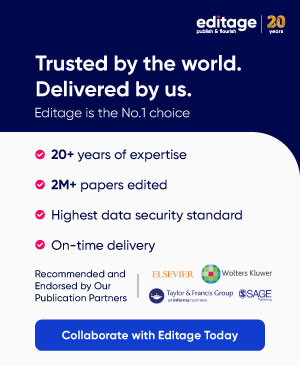As we embrace transparency, data sharing, and collaboration in the scientific community, we’re all striving to meet the highest standards in data management and analysis. That’s where our trusty allies, biostatisticians, come into play! They play a crucial role in ensuring the reliability and credibility of our research findings. So, let’s dive in and discover how biostatisticians can empower us to excel in our open science initiatives.
Embracing the Potential of Big Data
Open science initiatives encourage the sharing of vast amounts of data, which presents both opportunities and challenges. Biostatisticians are well-equipped to handle big data, utilizing their expertise to clean, preprocess, and analyze complex datasets effectively. By collaborating with researchers, biostatisticians ensure that the data is processed accurately, making it accessible and meaningful for scientific exploration.
Designing Robust Studies with Statistical Rigor
In the era of open science, study protocols have gained increased importance as a means to foster transparency, reproducibility, and collaboration in biomedical research. When we openly share our study designs, we let others peek into our research process, making it easier for them to follow our footsteps and validate our findings. Biostatisticians are invaluable partners in designing experiments and studies that adhere to best practices and statistical rigor. Through close collaboration, they assist researchers in determining the optimal sample size, randomization methods, and appropriate statistical tests.
Ensuring Transparency and Reproducibility
Transparency is the name of the game in open science, and biostatisticians are champions at ensuring our research is conducted with utmost integrity. When data are freely shared, transparency and reproducibility are paramount. Biostatisticians work hand-in-hand with researchers to validate statistical methods and results, ensuring that the research findings can withstand scrutiny. By adhering to the best practices they advocate, we build a strong foundation of credibility within the scientific community.
Addressing Missing Data and Bias
While sharing your dataset publicly, it’s important to ensure you’ve adequately addressed missing data and potential biases. Biostatisticians employ advanced imputation techniques and robust analysis methods to handle missing information effectively. Additionally, they help researchers identify and mitigate potential biases, ensuring that the research findings are more robust and representative of the underlying population.
Effective Communication of Statistical Data
Biostatisticians act as effective communicators, translating complex statistical concepts into accessible language for researchers. By explaining statistical findings and methodologies clearly, they empower researchers to make inferences based on data-driven insights.
Conclusion
In the exciting era of open science, biostatisticians are like our trusty allies, standing by researchers’ sides to help them adopt the best practices and maintain the integrity of biomedical research. Their superpowers lie in handling big data, designing rock-solid studies, and taming tricky statistical complexities, all of which contribute to greater transparency and reproducibility. With the support and guidance of biostatisticians, researchers can unleash the full potential of open science, propelling the advancement of biomedical knowledge with unbeatable credibility!
Get a trusty, experienced biostatistician as a partner in your research project! Check out Editage’s Statistical Analysis & Review Services.


Comment